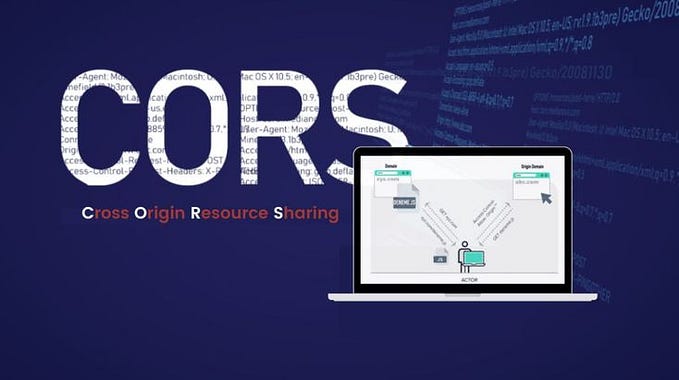Central Error Handling in NodeJS/Express Applications
Introduction:
In Node.js Express applications, effective error handling is crucial for providing a smooth user experience and ensuring the stability of your application. Managing errors in a centralized way simplifies code maintenance and enhances the overall robustness of your project. In this blog post, we’ll explore the importance of centralizing error handling in Node.js Express applications and discuss strategies to achieve this.
Why Centralize Error Handling?
- Consistency: Centralizing error handling ensures a consistent approach throughout your application. All errors can be handled uniformly, promoting a standardized user experience.
- Code Maintainability: A centralized error handling strategy reduces code duplication. Rather than scattering error-handling logic across multiple route handlers, it can be managed in a single location, making your codebase more maintainable.
- Global Error Handling: Centralization enables the implementation of global error handling middleware. This middleware can catch unhandled errors and respond appropriately, preventing your application from crashing and providing a fallback response to the user.
- Logging and Monitoring: Centralized error handling facilitates efficient logging and monitoring. All errors can be logged to a centralized service, making it easier to track and analyze issues in production.
Strategies for Centralizing Error Handling:
- Use a Global Error Handler Middleware: Implement a global error handler middleware that catches errors thrown during the request-response cycle. This middleware can be added after all other middleware and route handlers.
// app.js
const express = require('express');
const app = express();
// ... other middleware and routes ...
// Global error handler middleware
app.use((err, req, res, next) => {
console.error(err.stack);
res.status(500).send('Something went wrong!');
});2. Use Async Middleware Wrapper: Wrap your asynchronous route handlers with a middleware that catches errors and passes them to the next middleware.
// asyncMiddleware.js
const asyncMiddleware = (fn) => (req, res, next) => {
Promise.resolve(fn(req, res, next)).catch(next);
};
// route.js
const express = require('express');
const router = express.Router();
const asyncMiddleware = require('./asyncMiddleware');
router.get('/', asyncMiddleware(async (req, res) => {
// Your asynchronous code here
}));
// app.js
const app = express();
app.use('/', router);3. Custom Error Classes: Define custom error classes for different types of errors in your application. This allows you to throw specific errors and catch them at a global level.
// CustomError.js
class CustomError extends Error {
constructor(message, statusCode) {
super(message);
this.statusCode = statusCode;
this.name = this.constructor.name;
}
}
// route.js
const express = require('express');
const router = express.Router();
const CustomError = require('./CustomError');
router.get('/', (req, res, next) => {
try {
// Your code that may throw errors
throw new CustomError('Custom error message', 400);
} catch (error) {
next(error);
}
});Conclusion:
Centralizing error handling in Node.js Express applications is a best practice that improves code quality, maintainability, and user experience. By implementing a consistent approach, you can catch and handle errors in a way that ensures the stability of your application under various circumstances. Whether using global error handler middleware, async middleware wrappers, or custom error classes, centralizing error handling is a fundamental step towards building robust and reliable Node.js Express applications.
By following these strategies, you can significantly improve the error-handling process in your Node.js Express applications and create a more resilient and user-friendly experience for your users.
Happy Learning! Feel free to connect with me over LinkedIn!




